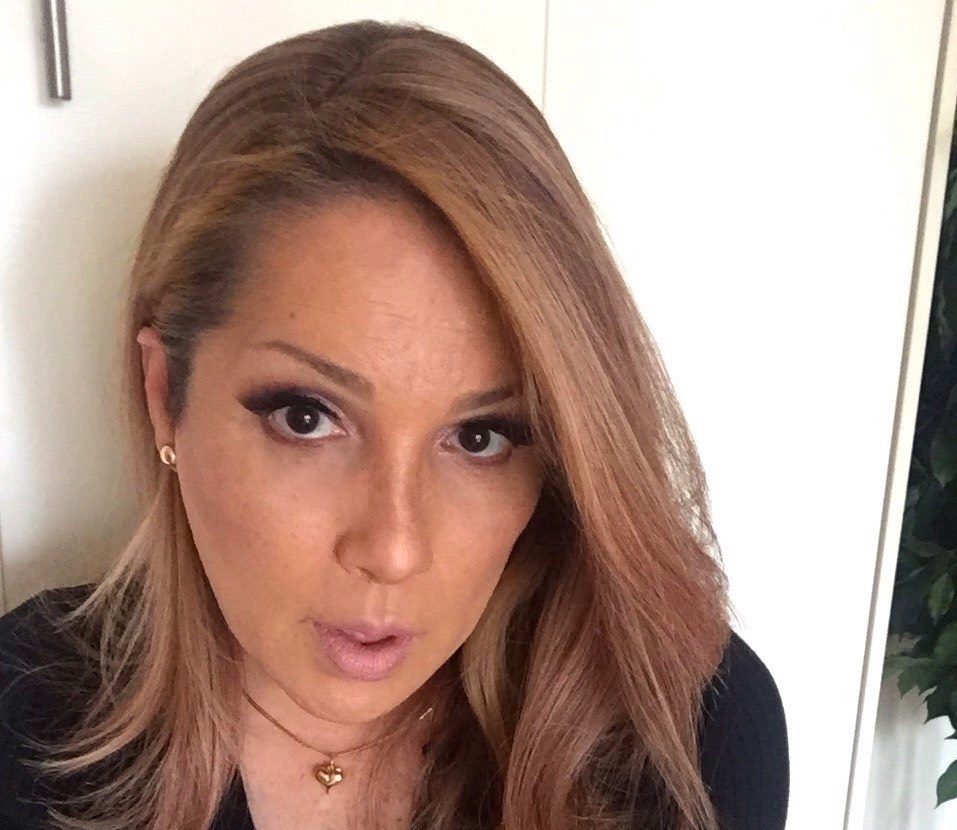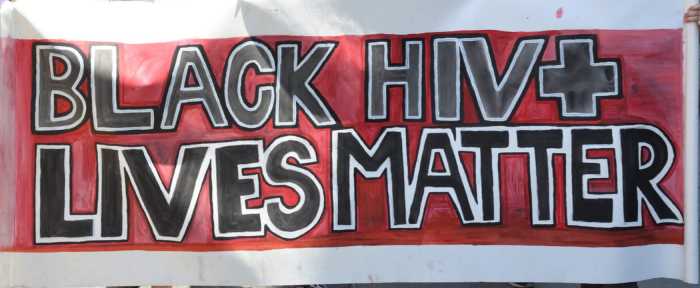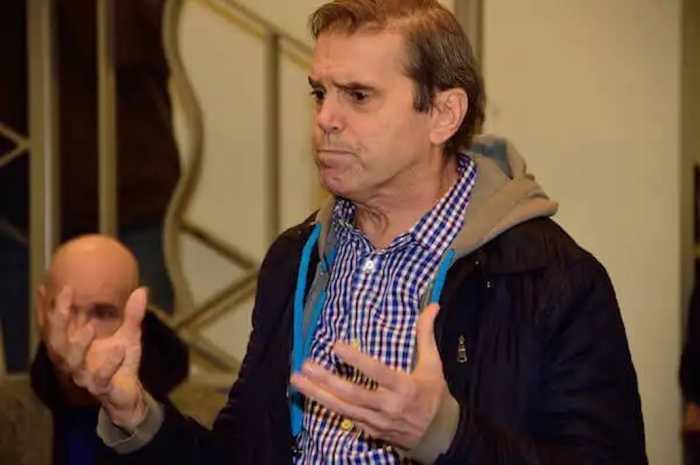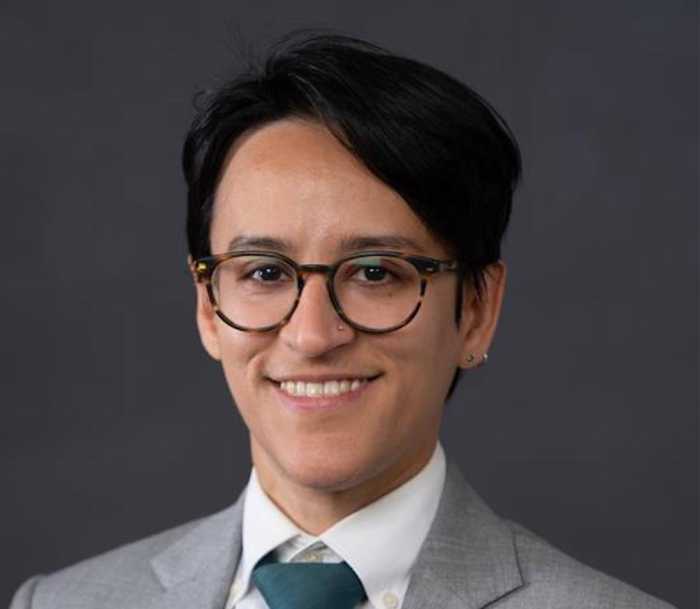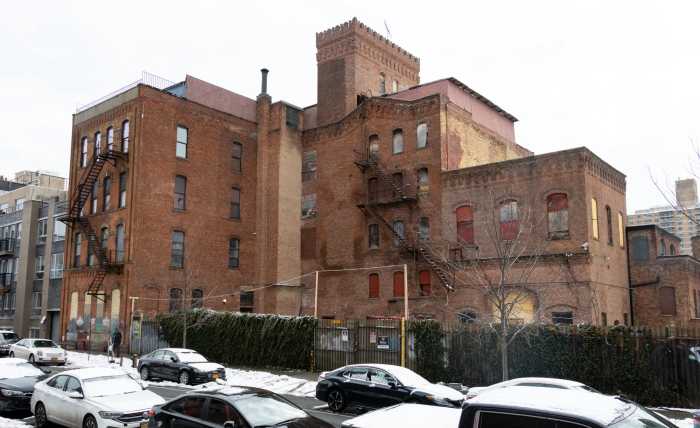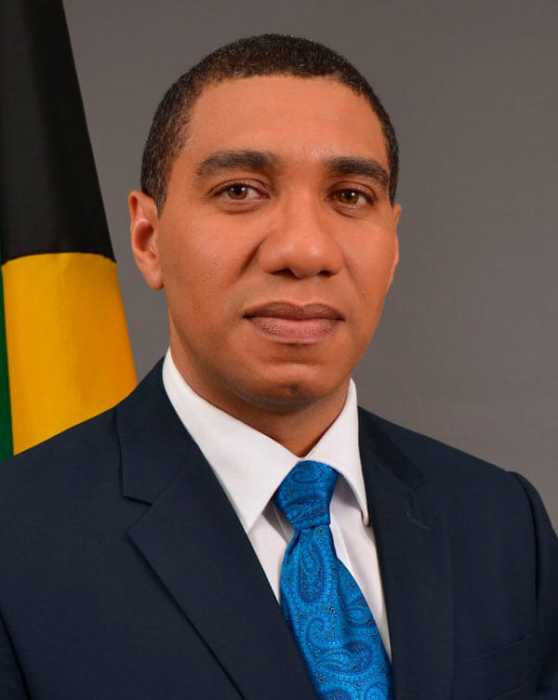It’s no secret that medical costs are straining individuals and families. About half of people in the United States say it’s difficult to afford health care, and one in four people have skipped or delayed care in the last year because of cost. For transgender people like me, the barriers to the care I need to live a healthy, authentic life are even greater. That’s why Medicaid has been such a lifeline.
Millions of Americans wouldn’t be here without Medicaid. I’m one of them. My journey with Medicaid began in 2015, when at the age of 55, I wrote in my journal for the first time, “I think I am a trans woman.” After decades of feeling like I didn’t belong in my own body, I finally saw a path forward. But embracing my true self wasn’t easy. The journey to accessing the care I needed was filled with challenges, from battling insurance denials to navigating outright discrimination and stigma.
After a year of preparation, I was ready for my first gender-affirming surgery. But just as I was starting to feel hopeful, my private insurance company told me it wouldn’t cover the procedure. I was devastated and unsure where to turn.
Thankfully, I was referred to Amida Care, a Medicaid Special Needs Health Plan in New York that specializes in serving people of trans experience and people impacted by HIV. Through Amida Care, I was able to access the gender-affirming surgery that aligned my body with my identity. It was a moment of liberation and relief — a turning point in my life.
Medicaid plays a vital role in supporting people of transgender experience by providing access to gender-affirming care that can be life-changing, as it was for me. It’s also the largest source of insurance for people with HIV in the United States, ensuring access to life-saving treatment, prevention, and comprehensive care. But it’s so much more than that. Medicaid is a lifeline for working people, students, caregivers, and those who face systemic barriers to healthcare all across the country.
Supporting more than 70 million people across the country, Medicaid is for everyone. Despite attempts by some to paint it as a program used only by minorities, Medicaid serves more white people than any other racial or ethnic group. By supporting hospitals, clinics, and specialized providers, enabling them to deliver care to millions, Medicaid strengthens entire communities. It funds safety-net clinics like Apicha Community Health Center — where I received essential primary care and mental health services — across the country. There isn’t a single community anywhere in the 50 states that isn’t healthier because of Medicaid.
Medicaid is more than insurance — it provides a pathway to opportunity. It allows people to heal, grow, and contribute to their communities. For me, Medicaid didn’t just give me access to care; it gave me the confidence to live authentically and the chance to give back. Today, as a member of Amida Care’s Member Advisory Council, I advocate for others so no one has to go without the care and support they need.
That’s why I am so concerned about the incoming administration’s executive order rolling back protections for transgender, gender non-conforming and non-binary individuals and the ongoing threats to enact steep cuts to Medicaid. Any reduction in funding or added restrictions would jeopardize care for millions of people who rely on this program and would be devastating to progress we’ve made to end the HIV epidemic. Instead of cutting Medicaid and imposing a narrow, harmful definition of sex, we should be investing more in the health of the very individuals and communities Medicaid is designed to serve, and expanding protections for all people — not further alienating people like me who already face incredible barriers to living our truest lives. Expanding and strengthening Medicaid would not only save lives but also create healthier, more resilient communities across the country.
Congress has a duty to protect Medicaid — not just for people like me but for the millions who rely on it every day. Policymakers must recognize that Medicaid is a vital program that belongs to all of us. Cutting funding or imposing restrictions would deny opportunities to people who deserve a chance to thrive.
Medicaid is used by Americans from across the country, hailing from every community. We can’t afford to lose Medicaid. It’s not just a program; it’s a promise — to families, to communities, and to the future.

